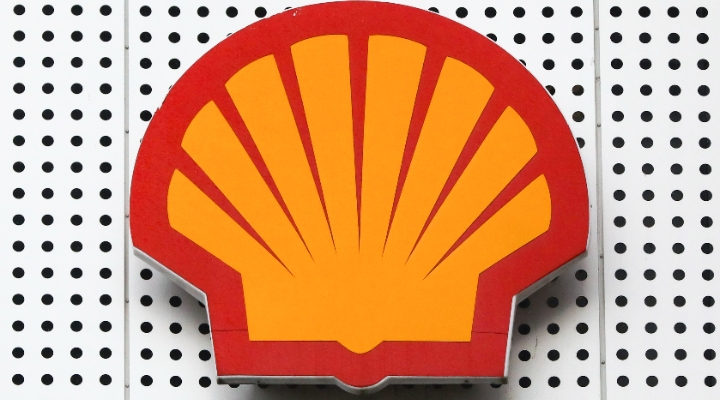
Stock markets were weaker today as oil rose above $70 a barrel amid continued fighting in Libya and tighter US sanctions on Venezuela.
Forces under Libya's UN-backed government said Sunday they had started a counter-attack against the forces of Khalifa Haftar after he launched an offensive to seize Tripoli, escalating an ongoing power struggle in the oil-rich country.
"The Armed Forces announce the launch of Operation Volcano of Anger to cleanse all Libyan cities from aggressors and illegitimate forces," spokesman Mohamed Ganounou of the UN-backed government's forces said in a statement.
Haftar, the chief of the self-styled Libyan National Army, had ordered his forces on Thursday to seize Tripoli from the rival government of Fayez Serraj.
Meanwhile, the US Treasury Department imposed sanctions on two companies operating in Venezuela's oil sector, in a move announced on Friday.
The measures appeared designed to also hit out at Cuba, which imports energy from the Latin American country.
"Cuba has been an underlying force fuelling Venezuela's descent into crisis. Treasury is taking action against vessels and entities transporting oil, providing a lifeline to keep the illegitimate Maduro regime afloat," Treasury Secretary Steven Mnuchin said in a written statement.
Vice President Mike Pence threatened more sanctions against both nations.
The Morningstar View
In 2019, supply and demand for crude look well-balanced. But that's only because OPEC volumes are expected to come in 1.4 mmbpd lower in 2019, making room for US firms to grow at 20%. And don't let them fool – most OPEC producers are just reversing a brief expansion in late 2018 rather than making real cuts. Most of the 1.4 mmbpd curtailment is due to unavoidable losses in Iran and Venezuela.
US sanctions on Iran have choked off 1 mmbpd exports. That's consistent with the impact of previous sanctions, even though the U.S. is acting unilaterally this time, without support from its European Union partners. The U.S. wants to reduce Iran's exports to zero, cutting supply by another 900 mbpd. To pursue this it could revoke waivers in May, but only if the U.S. administration is willing to risk higher near-term fuel prices.
Venezuela production remains in freefall. In an attempt to catalyse the end of the Maduro administration, which it sees as illegitimate, the US ratcheted up sanctions in January (specifically targeting the oil industry for the first time). We see little prospect of recovery under Maduro. Even if a regime change occurs, a recovery in Venezuela will occur gradually, and only with international support.
After 2019, oversupply beckons. Shale firms have lowered their 2019 budgets due to lower prices, but the rig count is still way too high. If frackers don't slow down, OPEC must cut further. And if neither side budges, global inventories will start creeping higher again.
US shale firms have become comfortable with WTI at $55/bbl. After years of relying on Wall Street handouts to stay afloat, the shale industry has found a way to be profitable at $55/bbl. And it can stay that way for at least a decade, as there is no evidence that well productivity is declining yet. Therefore, there is no need for higher prices to incentivize drilling.
With no commodity tailwind, investors should tread carefully. The market view on prices is not much different from ours, which means upstream stocks are generally fairly valued. What the market is missing is how much better than peers the top performers are.




























